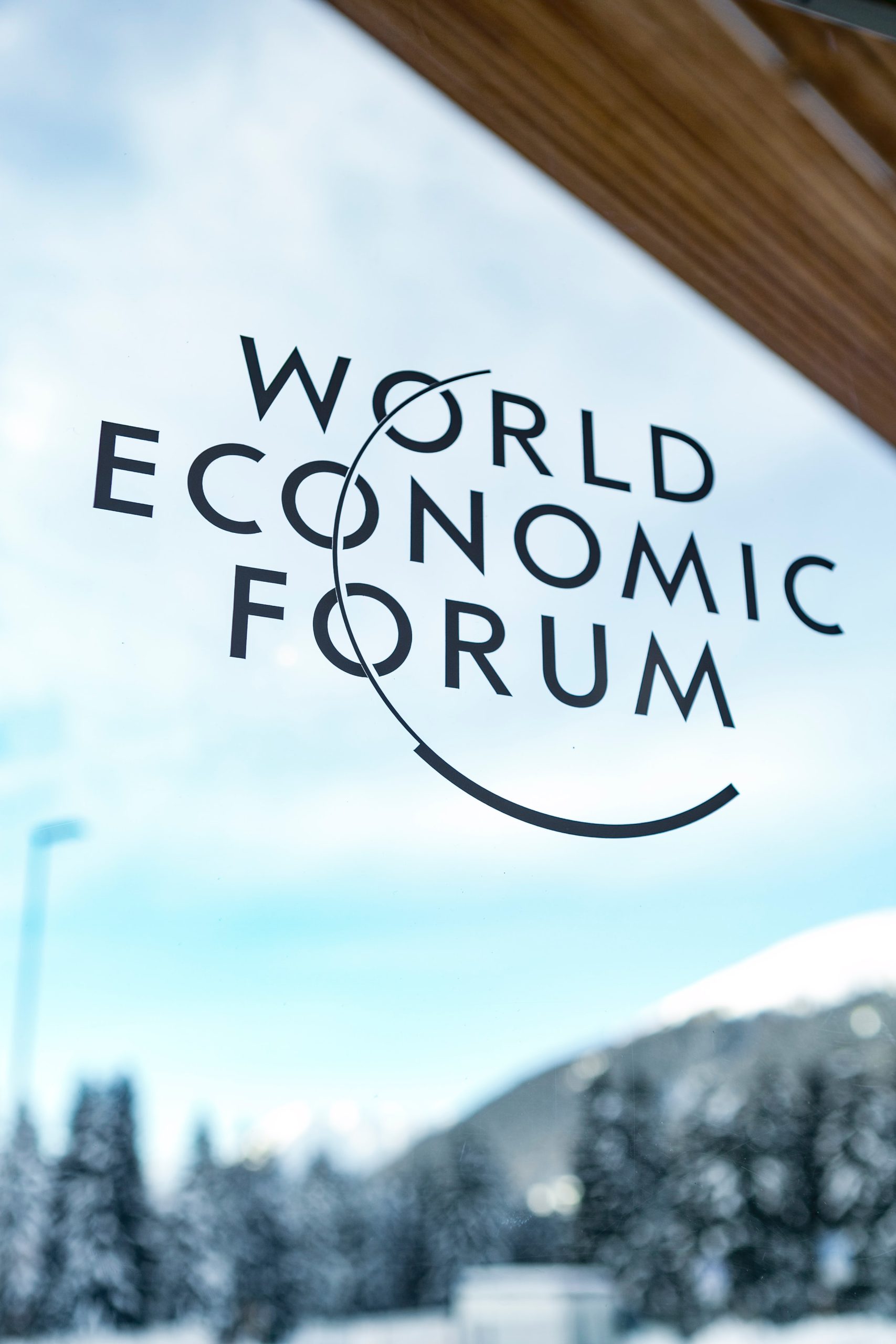News
Protesters in Davos press world leaders to rethink economic order

FILE: World Economic Forum (Photo: Evangeline Shaw/Unsplash)
DAVOS, Switzerland – In the runup to this year’s World Economic Forum (WEF) in Davos, Switzerland, set to start Monday, several groups staged anti-Davos demonstrations, protesting global firms for exacerbating human-made damage to the environment.
Activists from the Strike-WEF Collective and the Young Socialists of Switzerland gathered in Davos Postplatz on Sunday, criticizing the Davos elite, accusing them of elitism and hypocrisy for – for instance – flying in private jets to a meeting to discuss climate change.
Gianna Catrina, 21, one of the protest leaders, told Anadolu that the ecological crisis right now is fueled by the current economic system, which she said “is the cause of the environmental problems and also a lot of social problems.”
“That’s why we are here to protest for the change in global economy, which should change its shift from profit to the one (where the) economy cares about nature,” she explained.
“And it’s really a global movement, that includes environmentalists, left-wing people, feminist people. I think the change is happening right now when people start to rethink the economy, the capitalist economy,” she said.
She also called for world leaders to shift their focus away from profit because without “preserving nature … the economy is not possible in the future.”
The way WEF is structured is problematic
Claudıo Bernard, another demonstrator from the Strike-WEF Collective, said they demand abolition of the WEF because the way it is structured is problematic, “with the people of power and money that come here and the rest of the public is outside.”
According to Bernard, “there is a lot of undemocratic stuff going on with deals and dictators that can be welcome here with red carpets.
“There should be international forums. But they should be completely different structured, like not just corporations with big money.”
He also said governments must ensure climate justice, and they should accept what the planet can give and not try to take too much from it.
Rosemarie Wydler-Walti, a 72-year-old climate activist, said she is a member of a group of some 2,000 women working to protect the climate in Switzerland, which she said “is the country that is most affected by climate change by heat waves.”
She said they sued the Swiss government on the grounds that it failed to take adequate steps to fight climate change.
“This case will be heard on 29 March in Strasbourg, where the European Court of Human Rights is based, and we hope that the steps to be taken against climate change will be evaluated within the framework of human rights.”
“The Swiss government does nothing to address climate change. Nothing really. We are in a position that is worse than (other) European countries in this regard,” she said.
Annual summit
Under the theme of “Cooperation in a Fragmented World” prominent figures in the world of global politics and business will attend the annual five-day meeting of the World Economic Forum, in Davos-Klosters, Switzerland, which concludes on Friday.
The meeting will bring together more than 2,700 leaders from 130 countries, including 50 heads of state and government, as multiple crises deepen divisions and fragment the geopolitical landscape.
This year will also see the highest-ever business participation at Davos, with more than 1,500 leaders having registered across 700 organizations.
German Chancellor Olaf Scholz is the only G-7 leader attending the summit.
The heads of the EU, NATO, Finland, Greece, Spain, the Philippines, South Africa, and South Korea will also appear in the Swiss ski resort.





















